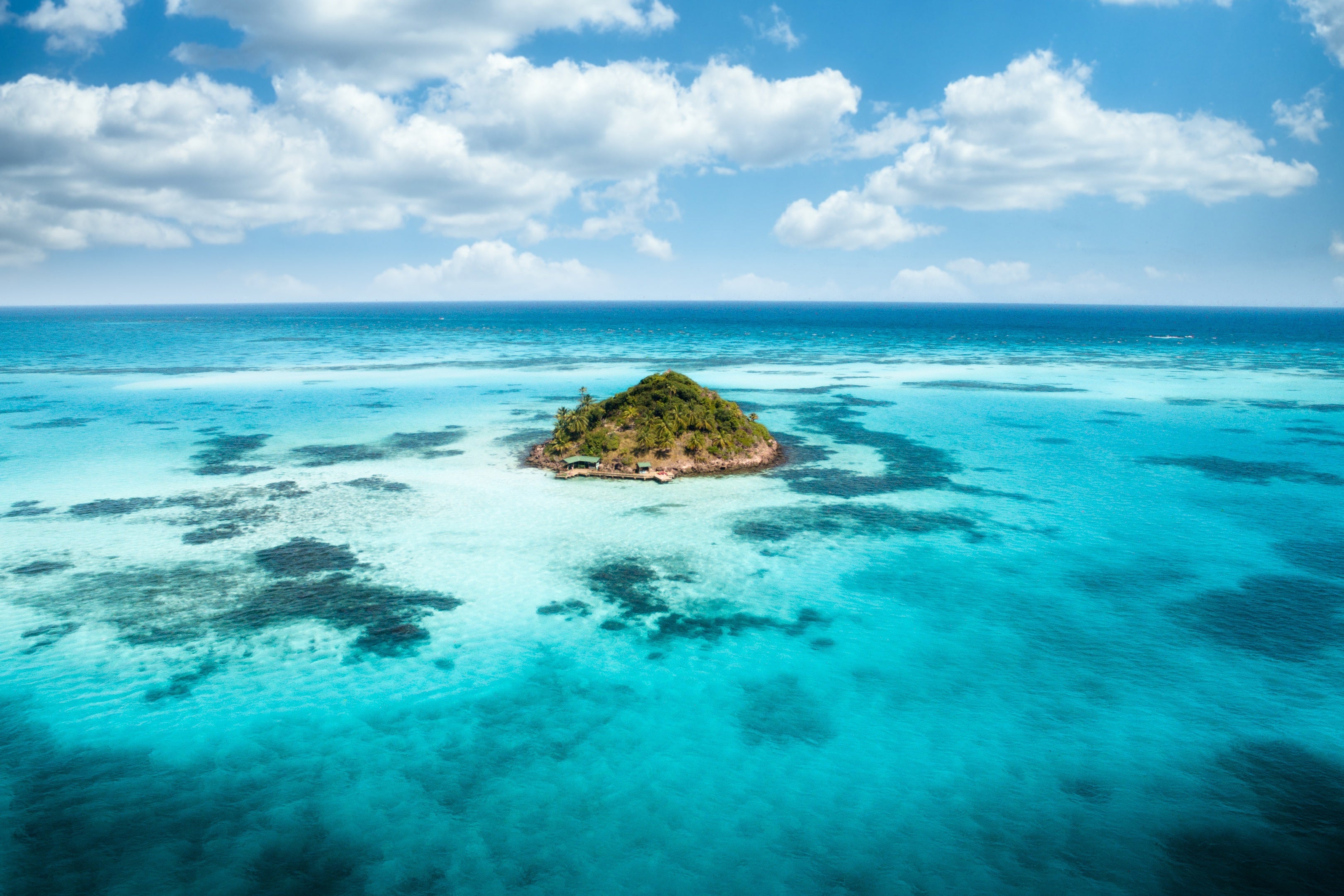WHO WE ARE
Join us in our mission to Look Good and Love the Planet!
Sustainability is at the core of who we are. Avani Jewelry is part of a global movement to create a positive impact on the communities and natural resources that we work with.
From reforestation efforts to ocean cleanups, marine conservation, and renewable energy efforts, Avani Jewelry supports a number of sustainability initiatives around the world.

EDEN REFORESTATION PROJECTS - HONDURAS
Avani Jewelry helps fight deforestation and alleviate poverty by supporting projects that empower local communities to restore their natural ecosystems. Only native tree species are planted to maintain natural biodiversity, and so far, Eden Reforestation Projects has has manually planted more than 500 million trees around the world. Once natural regeneration kicks in, tree planting efforts are organically multiplied.
Honduras is home to one of the most biodiverse ecosystems in the Central American region, providing shelter to a large quantity of vegetation and animals, such as macaws, jaguars, and giant iguanas. Unfortunately, in recent years, its ecosystem has been damaged by pine beetles and fires, losing around 500,000 hectares of forests, which has caused water tables to run low, protected areas to lose valuable biodiversity, and surrounding communities to lose jobs. Our goal is to help restore this vital rainforest and empower the local communities who protect it.

PLASTIC BANK OCEAN CONSERVATION - SOUTHEAST ASIA
Ocean plastic pollution is an environmental urgency worldwide and Southeast Asia is one of the most affected regions. Nearly 11 million metric tons of plastic waste are produced annually, generating negative impacts on marine ecosystems and endangering ocean wildlife. We support circular economy initiatives that stop the flow of plastic waste into our oceans, reduce waste and pollution, and regenerate life in the ocean . As farm direct suppliers of pearl jewelry, we are especially passionate about partnering with local communities to conserve our oceans and save its most vulnerable species.

SUGARCANR BIOMASS RENEWABLE ENERGY - INDIA
This biomass power project is fueled by bagasse, the fibrous byproduct of sugarcane that remains after the stalks are crushed to extract their juice. The biomass power plant is connected to the NEWNE regional grid system, supplying renewable energy throughout the region. This project offsets an average of 3,975 tons of CO2 emissions per year. Because this power source produces less greenhouse gas emissions than the fossil fuels that traditionally power the regional energy grid, it has reduced CO2 emissions by over 321,987 tons since its inception in 2012. According to the United Nations, around 240 million Indian households have no electricity, and most of them are located in rural areas. This project creates renewable energy to provide much-needed power to underserved communities and is one of the most promising agricultural sources of biomass energy in India and elsewhere.




